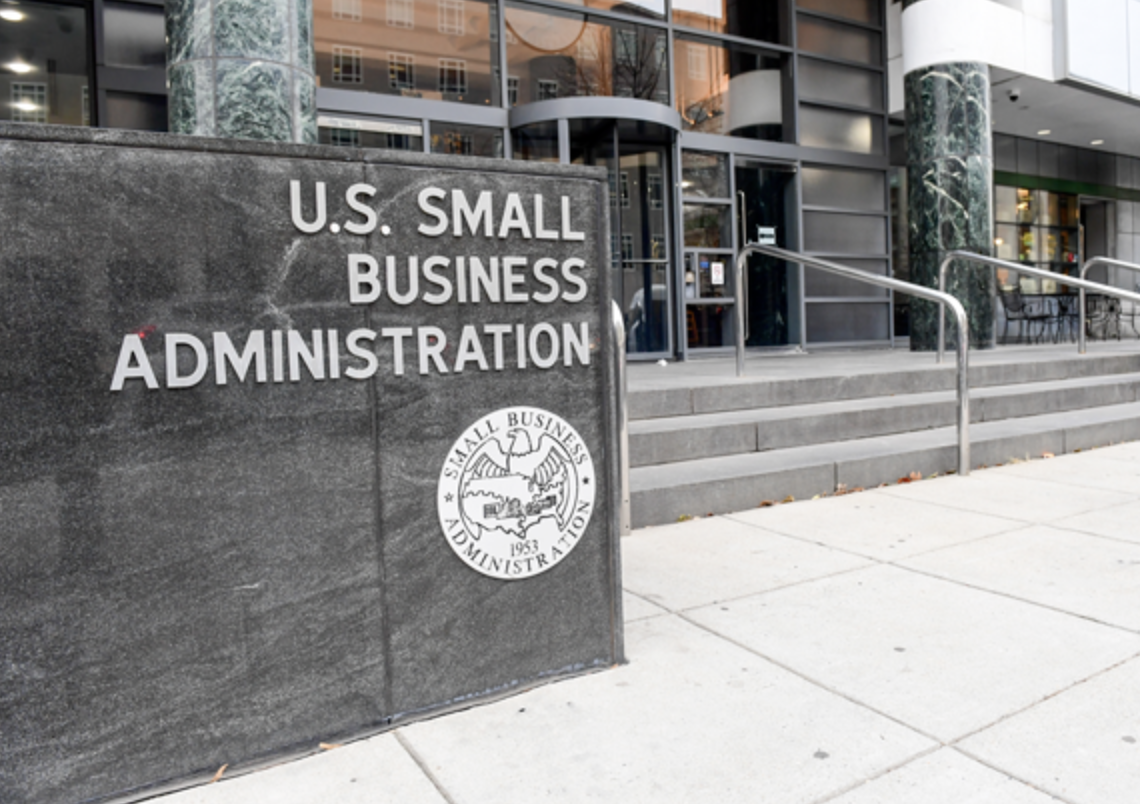
- Details
- By Kevin J. Allis
Guest Opinion. American Indian tribes and their federal contractors must not be included in any congressional or administrative effort to remove existing preferences in the SBA 8(a) program due to their unique and legally distinct status. Tribes are sovereign nations with a political, not racial, classification under U.S. law, a principle affirmed by the Supreme Court in Morton v. Mancari (1974). This foundational distinction underscores the government-to-government relationship between Tribes and the federal government and differentiates Tribal programs from those aimed at racial equity or diversity initiatives.
Tribes occupy a unique position as sovereign nations with legal rights and obligations that arise from treaties, the U.S. Constitution, and federal statutes. These rights are not based on racial identity but on a political relationship that has existed for centuries. Unlike other minority-owned entities, Tribes are recognized as self-governing entities with a unique government-to-government relationship with the United States. This distinction is critical to understanding why Tribal preferences in the SBA 8(a) program are not merely benefits but legal obligations rooted in the trust and treaty responsibilities of the federal government.
The federal government has a constitutional treaty and trust responsibility to protect Tribal self-determination, resources, and governance. These responsibilities are enshrined in federal law and cannot be subjected to shifting political priorities. Eliminating preferences for Tribes in the SBA 8(a) program would directly undermine this trust responsibility, stripping Tribes of essential tools to promote economic self-sufficiency, develop infrastructure, and create opportunities for their members. Unlike other minority groups, Tribes rely on these preferences as part of the federal government’s legally mandated support for their self-determination and economic development.
Federal contracting preferences granted to Tribes through the SBA 8(a) program are designed to fulfill the federal government’s obligation to support Tribal economic development. These preferences are integral to Tribes’ ability to build economic independence while overcoming historical marginalization and systemic barriers rooted in centuries of federal policies. For many Tribes, participation in the SBA 8(a) program is not just an economic opportunity but a necessity to create jobs, fund community services, and improve the quality of life for Tribal citizens. Removing these preferences would dismantle one of the most effective tools available to Tribes for achieving economic self-sufficiency.
It is important to recognize that the SBA 8(a) program is one of the few mechanisms that acknowledges and addresses the unique challenges faced by Tribes. Tribes have endured a history of land dispossession, forced relocation, and policies aimed at erasing their cultural and economic foundations. These systemic inequities have left many Tribes with limited resources and opportunities for development. Unlike other minority-owned businesses, which operate within broader societal frameworks, Tribes are tasked with the dual responsibility of economic development and governance for their members. The SBA 8(a) program helps Tribes meet these responsibilities and rebuild their economic foundations.
Efforts to eliminate these preferences would conflate Tribes’ political status with racial classifications, a dangerous precedent that could undermine other critical programs designed to fulfill treaty and trust obligations. Such a move would disregard legal precedent and invite litigation, forcing Tribes to divert resources away from self-determination efforts to defend their rights in court. This mischaracterization would not only harm Tribes but also weaken the government’s ability to uphold its treaty obligations and trust responsibilities.
Moreover, the economic impact of removing these preferences would extend beyond Tribal communities. Federal contractors employing these provisions contribute to local economies, foster job creation, and engage in community development projects that benefit both Tribal and non Tribal populations. These preferences create a ripple effect of economic growth and opportunity, aligning with the broader goals of the SBA 8(a) program to promote development in underserved areas.
Unlike other minority-owned entities, Tribes have a unique legal and political status that justifies their inclusion in federal contracting preferences. These preferences are not simply advantages granted at the government’s discretion; they are an essential part of the United States’ obligation to honor treaties, uphold sovereignty, and support self-determination for Tribal nations. Removing these preferences would ignore this critical distinction and erode the trust relationship that forms the foundation of federal-Tribal interactions.
Given these factors, it is imperative to preserve the preferences that Tribes and their federal contractors enjoy under the SBA 8(a) program. These preferences are essential to honoring the government’s legal and moral obligations to Tribes, supporting Tribal sovereignty, and fostering sustainable economic growth for Native nations and their members.
Kevin Allis (Forest County Potawatomi Community) is the founder and President of Thunderbird Strategic, LLC, a Washington, DC-based Government Relations and Communications firm that specializes in advocacy and campaigns for American Indian and Alaska Native Tribal Nations and community based organizations. He previsously served as CEO of the National Congress of American Indians and the Executive Director at the Native American Contractors Association.
Help us defend tribal sovereignty.
At Native News Online, our mission is rooted in telling the stories that strengthen sovereignty and uplift Indigenous voices — not just at year’s end, but every single day.
Because of your generosity last year, we were able to keep our reporters on the ground in tribal communities, at national gatherings and in the halls of Congress — covering the issues that matter most to Indian Country: sovereignty, culture, education, health and economic opportunity.
That support sustained us through a tough year in 2025. Now, as we look to the year ahead, we need your help right now to ensure warrior journalism remains strong — reporting that defends tribal sovereignty, amplifies Native truth, and holds power accountable.
 The stakes couldn't be higher. Your support keeps Native voices heard, Native stories told and Native sovereignty defended.
The stakes couldn't be higher. Your support keeps Native voices heard, Native stories told and Native sovereignty defended.
Stand with Warrior Journalism today.
Levi Rickert (Potawatomi), Editor & Publisher

